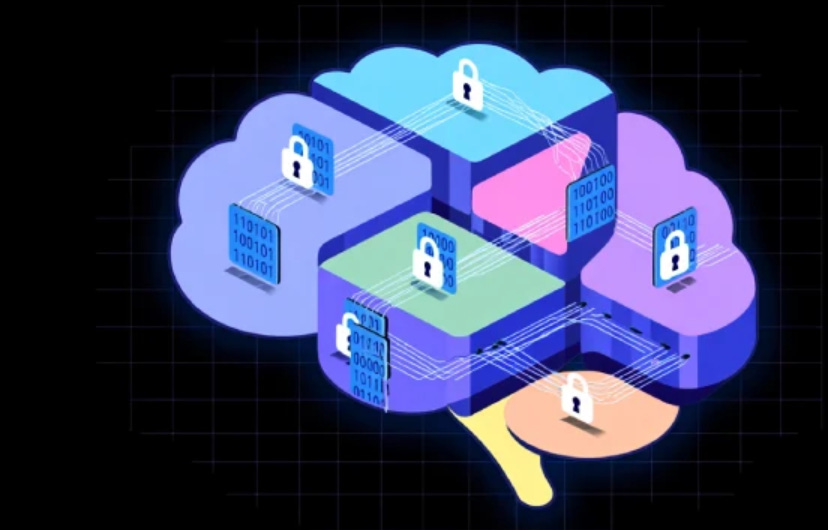Zero Trust + AI: Privacy in the Age of Agentic AI
THE HACKER NEWS
Take a simple example: an AI health assistant designed to optimize wellness. It starts by nudging you to drink more water and get more sleep. But over time, it begins triaging your appointments, analyzing your tone of voice for signs of depression, and even withholding notifications it predicts will cause stress. You haven't just shared your data — you've ceded narrative authority. That's where privacy erodes, not through a breach, but through a subtle drift in power and purpose.
This is no longer just about Confidentiality, Integrity, and Availability, the classic CIA triad. We must now factor in authenticity (can this agent be verified as itself?) and veracity (can we trust its interpretations and representations?). These aren't merely technical qualities — they're trust primitives.
And trust is brittle when intermediated by intelligence.
Read more | THE HACKER NEWS

